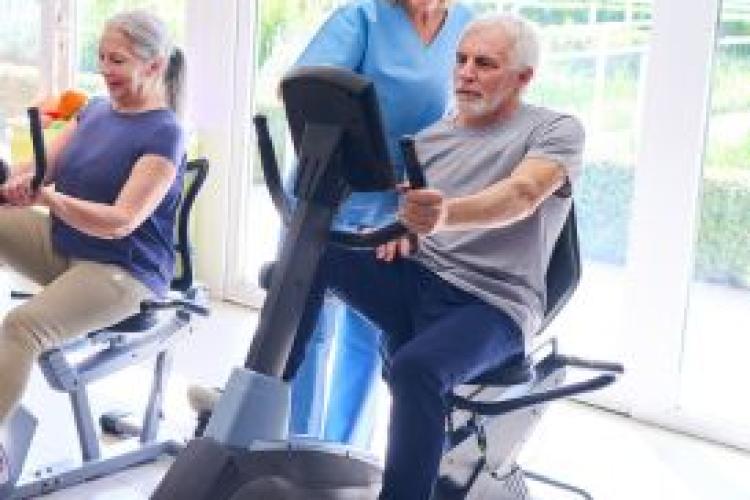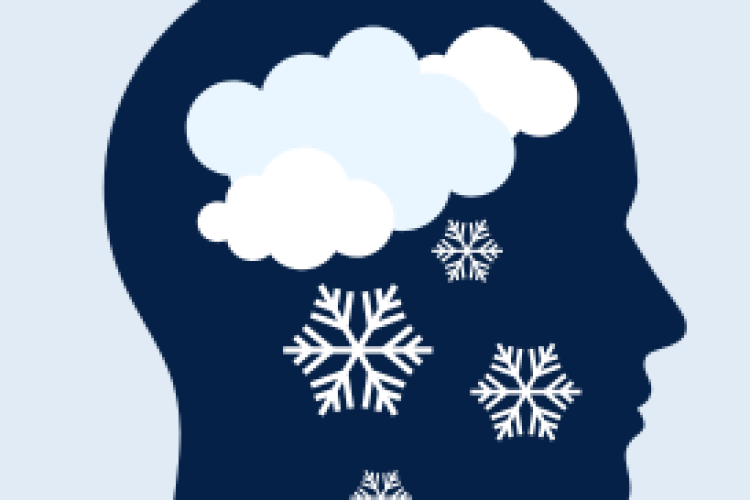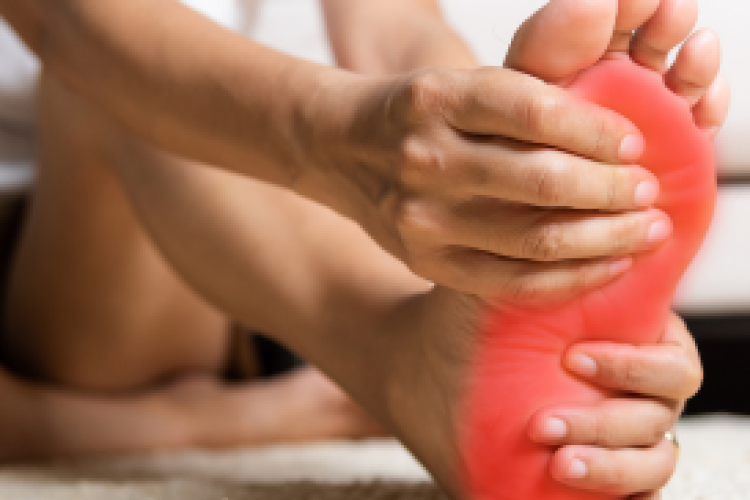April is Alcohol Awareness Month. Studies have found use of drugs and alcohol has soared during the pandemic. For a person trying to figure out whether a loved one has a drug-related problem, the signs aren’t always obvious, says Joseph Vittorio, MD, Medical Director of the Recovery Center at Montefiore Nyack Hospital.
“There are behavioral as well as physical signs,” he said. “A person may lie about where they’ve been and how they spend their money. Physical signs include loss of appetite, weight loss, missing schoolwork, and responsibilities.”
According to the National Institute on Drug Abuse, signs a teen may be using drugs include:
- acting withdrawn, frequently tired, depressed or hostile
- a change in peer group
- carelessness with grooming
- loss of interest in favorite activities
- deteriorating relationships with family members and friends
If you’re concerned a loved one is abusing drugs or alcohol, the first step is to have a conversation about it. “You can say, ‘I notice a change in your behavior,’ and give some examples,” Dr. Vittorio said. “You can tell them you are worried their drug or alcohol problem could get worse, or even kill them. You can say, ‘I want you to get help because I love you and care for you,’” he said.
Treatment for Addiction
Treatment for addiction depends on a number of issues, including a person’s substance use patterns and related medical, psychiatric and social problems. “It also depends on a person’s motivation, what type of rehab is available in their area, and what their insurance will cover,” Dr. Vittorio said.
In many cases, inpatient rehab is recommended initially to get a person away from the substance they were using and the lifestyle that enabled it. “A person needs a supportive environment, which will help them avoid the people, places and things they used to abuse substances with,” he said.
A typical inpatient rehab will combine counseling with medication-assisted treatment. The U.S. Food and Drug Administration has approved several different mediations to treat alcohol and opioid use disorders. These medications relieve the withdrawal symptoms and psychological cravings that cause chemical imbalances in the body.
In some cases, a person can be treated successfully in an outpatient program. These programs also include counseling and medication-assisted treatment.
Montefiore Nyack Hospital’s Recovery Center offers both inpatient and outpatient services. Both programs include medication-assisted treatment, psychiatry, group therapy, individual counseling and education to build the skills necessary for recovery. “We plan for our patients’ release from our inpatient program from the time they are admitted to ensure they continue to pursue their sobriety with the appropriate outpatient program or support group,” Dr. Vittorio said.
For people who are experiencing life-threatening symptoms of withdrawal, the hospital provides a medically managed detoxification program. “A person undergoing withdrawal should go to the emergency room. They’ll be admitted to detox for a few days, and from there they will go to rehab,” he said.
Seeking help for an alcohol or substance use disorder takes a lot of courage, but addiction can be managed successfully, Dr. Vittorio said. “Treatment helps people regain control of their lives,” he said. “It may take several tries to before a person finds the right approach to treatment that works for them. But many people who are not successful at first eventually are able to become totally drug- or alcohol-free.”
For general questions about The Recovery Center at Montefiore Nyack Hospital, call 845-348-2070 or visitmontefiorenyack.org/addiction-services.



 Upcoming Events
Upcoming Events



